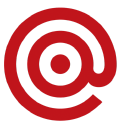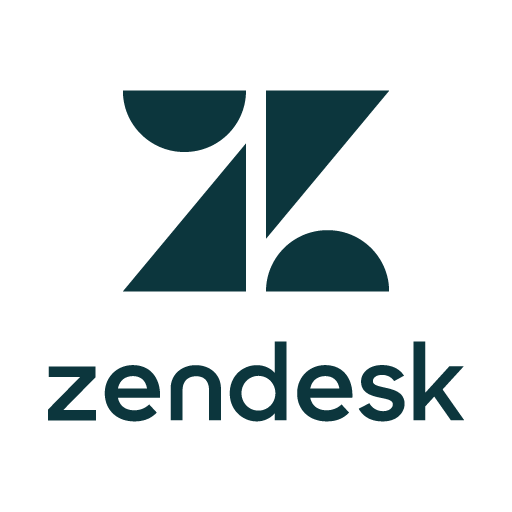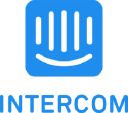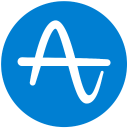How We Started A $700K/Month Business Getting Targeted Traffic For Online Sellers
Hello! Who are you and what business did you start?
Hi, my name is Eyal Reich and I'm StoreYa's co-founder and COO, along with Yariv Dror, the CEO (and my brother:) and Pasha Zaft, the CTO.
StoreYa offers a suite of marketing and advertising apps that help SMBs increase sales, leads and social following. We support more than 200,000 online sellers that are coming from 186 countries, we also integrate with 30 eCommerce platforms such as Shopify, Magento, Woocommerce, etc.
Our flagship product is called Traffic Booster, with it, we automate Google Ads using our unique AI technology. Take the burden off our clients' shoulders, and get the right customers at the right time for the right cost.
We use the entire arsenal that Google has to offer from dynamic search ads, customized search ads, remarketing, dynamic remarketing, shopping, smart shopping, smart display ads, and Youtube ads.
In addition to Google ads, we manage growth and remarketing campaigns on Facebook and Instagram for a lot of our clients.
We turn our clients' dreams and passions into reality, by driving targeted traffic that generates sales letting our clients focus on their...

























